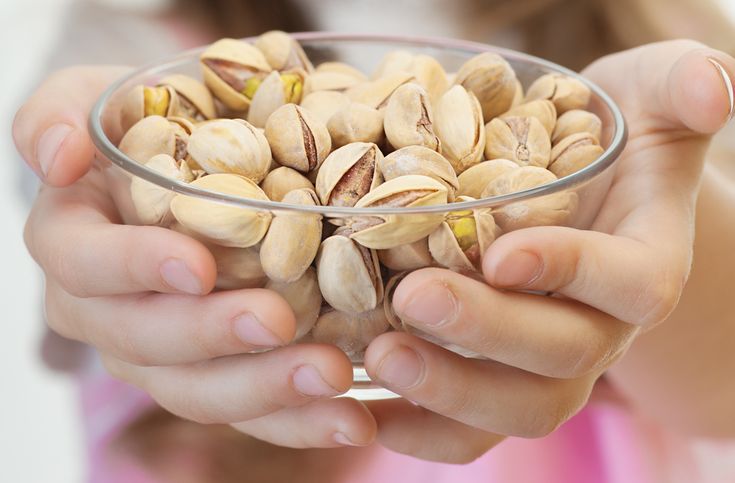Cats are curious creatures, and their interest often extends to the food we eat. Pistachios, a popular and nutritious snack for humans, might catch your feline friend’s attention. But the question remains: should pistachios be a part of your cat’s diet? Let’s explore the potential benefits, risks, and recommendations for feeding pistachios to cats.
Are Pistachios Safe for Cats?
While pistachios are not outright toxic to cats, they are not an ideal snack for them. Cats are obligate carnivores, meaning their diet should primarily consist of animal protein. Foods like pistachios, rich in fats and non-essential nutrients for cats, can disrupt their nutritional balance if consumed frequently.
Nutritional Profile of Pistachios
Pistachios are packed with healthy fats, protein, fiber, and vitamins like B6 and E. For humans, these nutrients support heart health and energy levels. However, cats metabolize food differently. The high-fat content in pistachios can lead to issues such as:
- Weight Gain: Excess fat can cause obesity, a common problem among indoor cats.
- Pancreatitis: Consuming fatty foods like pistachios increases the risk of inflammation of the pancreas, a potentially life-threatening condition.
- Digestive Issues: Pistachios may cause diarrhea or vomiting if a cat’s stomach cannot handle the richness of the nut.
Potential Risks of Feeding Pistachios to Cats
- Choking Hazard
Pistachios are small but hard, making them a potential choking hazard, especially if the shell is present. Cats may struggle to chew or swallow them properly. - Salt and Seasoning
Salted or flavored pistachios are particularly dangerous. Excessive sodium can lead to dehydration, increased blood pressure, or sodium ion poisoning in cats. - Aflatoxins
Pistachios can sometimes contain aflatoxins, a harmful substance that can cause liver damage in cats.
Should Pistachios Be a Regular Part of a Cat’s Diet?
No, pistachios should not be included as a regular or intentional part of a cat’s diet. Cats require a carefully balanced diet tailored to their nutritional needs, and commercial cat food provides all the necessary nutrients.
If you wish to share human food with your cat, choose safer options like plain, cooked chicken or fish in moderation.
What to Do If Your Cat Eats Pistachios
If your cat has eaten a small, unsalted pistachio, they are unlikely to experience severe harm. Monitor them for symptoms such as:
- Vomiting
- Diarrhea
- Lethargy
- Loss of appetite
If any of these symptoms occur, or if your cat eats a large quantity, contact your veterinarian immediately.
FAQs
Q: Can cats eat pistachio shells?
No, pistachio shells are a choking hazard and can cause intestinal blockages.
Q: Are unsalted pistachios safer for cats?
While unsalted pistachios reduce the risk of sodium poisoning, their high-fat content still makes them unsuitable for cats.
Can kittens eat pistachios?
Kittens have even more sensitive digestive systems than adult cats and should not eat pistachios.
Final Thoughts
While pistachios are not inherently toxic to cats, they are not a safe or suitable addition to their diet. Cats thrive on protein-rich, animal-based foods, and pistachios do not meet their nutritional needs.
To ensure your feline friend stays healthy, stick to veterinarian-approved treats and keep human snacks out of their reach.
By making informed choices, you can help your cat enjoy a long and healthy life—without pistachios! For more pistachio information check the treescangrow.

